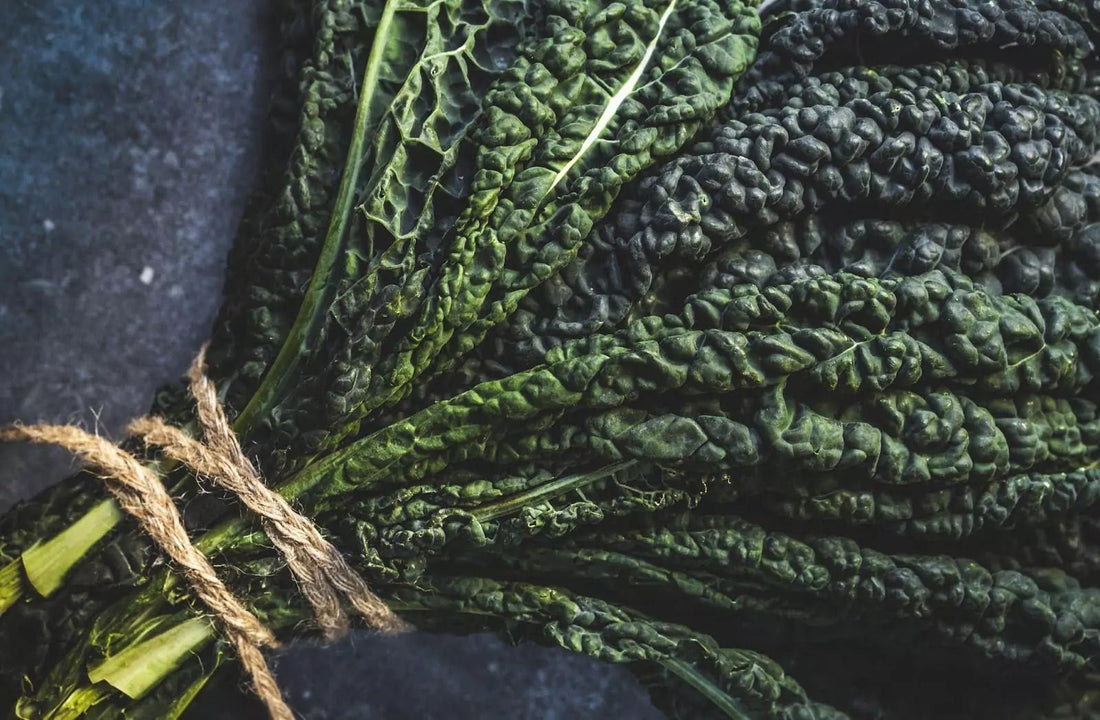The journey of bringing a new life into this world is fantastic. As a breastfeeding mum, your nutritional needs are critical not only for your recovery but also to ensure you provide your baby with the best nutrition possible. Postpartum vitamins during breastfeeding are key to thrive during this period for you and your baby. Consider these six tips to support you through postpartum nutrition.
How to Get All Your Postpartum Vitamins for Breastfeeding & Health?
As a mom, your add-on nutritional needs continue until you wean the baby, and they are no longer dependent on you to receive their growth vitamins. Here are six things you can do to receive all your postpartum vitamins and ensure excellent health for you and your baby:
1. Prioritise Hydration
Staying hydrated is one of the most basic yet complex aspects of nutrition aid. Since breast milk is approximately 88 per cent water, breastfeeding Mums must consume plenty of water to make milk without feeling thirsty.
Essential Points to Consider -
- The target should be approximately 10-12 glasses (or 2.5 - 3 litres) of fluids daily. Water is the best option, but low-fat milk, herbal teas (confirm their breastfeeding-safe), and occasionally diluted fruit juice can help.
- Always carry a big water bottle with you. During feeding sessions, sip frequently — before, during, and after.
- If your pee is constantly pale yellow, you’re probably drinking enough, and if it’s dark, increase your water intake.
2. Fuel Your Body Wisely
You’re burning more calories while producing milk — about 400 to 500 extra calories daily compared with your pre-pregnancy needs. Now, this isn’t an excuse to go crazy and eat as many biscuits and takeaways as possible (although a few treats are acceptable). Ensure you eat nutrition-dense foods, like those that give you necessary energy while giving you essential vitamins and minerals.
- Eat whole foods: Whole foods contain fruits, vegetables, oats, brown rice, quinoa, chicken, fish, beans, lentils, tofu, and nuts. If you are looking for healthy fats, you can use olive oil.
- Don’t skip meals: Be sure to have frequent snacks, even if you are crunched for time. Every time you skip a meal, there is a high chance of stress and fatigue. It would generally pressure energy reserves, affecting your overall capability to produce milk in the long run.
Focus on Key Nutrients – Your Postpartum Powerhouses
Although a balanced diet addresses a lot of bases, the demand for specific nutrients rises during lactation. Your body prioritises putting these into breast milk, sometimes at the expense of your reserves if your intake is low.
- Iron: You lose a lot of blood when you give birth. This increases your need for iron to prevent anaemia. Good sources of Iron are lean red meat, poultry, fish, beans, lentils, and fortified cereals. Vitamin C is found in veg and fruits and aids in iron absorption.
- Calcium & Vitamin D: These two items are essential to maintain bone health and the growth of skeletal formation of baby bones made from milk produced by mothers. Calcium and vitamin D are a top priority for bones. (Source: Calcium and Vitamin D: Important for Bone Health) Dairy products and fortified plant milks are good sources.
- Iodine: Iodine is a crucial building block for your baby’s developing brain and its tiny thyroid gland (which helps control their growth and metabolism). While breastfeeding, your body cleverly prioritises sending iodine into your milk, meaning you need more than usual to keep your levels and your baby’s topped up.
- Omega-3 Fatty Acids (especially DHA): DHA is vital for your baby’s brain, eye, and nervous system development. (Source: PubMed) It’s transferred through your breast milk. Oily fish (salmon, mackerel, sardines – aim for 1-2 portions per week, being mindful of mercury guidance), walnuts, chia seeds, and flaxseeds are the best sources of Omega-3 fatty acids. Supplementation is often considered to ensure adequate DHA levels.
- B Vitamins (especially B12 and Folate): Important for energy release and cell production. It is found in meat, fish, dairy, eggs, fortified cereals, and leafy greens.
4. Plan for Easy, Healthy Meals and Snacks
When you’re tired, convenience is key. Relying solely on takeaways or processed foods can leave you feeling sluggish. A little planning goes a long way:
- Batch cook: When you have energy, make double portions of meals like stews, soups, or pasta sauces and freeze half.
- Stock healthy snacks: Keep easily accessible, nutritious snacks handy for when hunger strikes (often during feeds). Take yoghurt pots, fruit bowls, pre-cut vegetables with hummus, hard-boiled eggs, cheese portions, nuts, seeds, and oatcakes.
- Simple meals: Don’t aim for complexity. There are great options for scrambled eggs on wholemeal toast, a jacket potato with beans and cheese, or a hearty salad with pre-cooked chicken or lentils.
5. Switch to Specific Postpartum Vitamins Breastfeeding
Due to the heightened demands and the fact that no diet is perfect, many health professionals recommend supplementing well into the postpartum period. Although you may have been on vitamins for pregnant women, your needs change a bit after giving birth, particularly once you’re lactating.
That is precisely where postpartum vitamins and breastfeeding supplements work well for your body. They supplement the gap in your regular diet and increase the need for iron, vitamin D, iodine, DHA, and some B vitamins. Consider them a nutritional safety net that helps ensure you and your baby get what you need during this critical time. Continuing vitamins during pregnancy might be okay in the short term, but a dedicated postnatal formula is often better tailored.
6. Listen to Your Body and Be Kind to Yourself
Your body has achieved something miraculous. Avoid restrictive diets or try to “bounce back” too soon. Crash dieting can hurt your energy level — and possibly your milk supply. Give all the best food to yourself. Eat when you’re hungry. Rest when you can. Gentle exercise, such as walking, can improve your mood and energy levels when you feel up to it, but listen to your body and get clearance from your health visitor first.
Complete Your Nutrition with MamaCare
Navigating postpartum nutrition can feel overwhelming, but remember, small, consistent steps make a big difference. Focusing on whole foods, hydration, and key nutrients forms the foundation. You can also include nutritional supplements like MamaCare Mother’s Nutrition to fill any gaps in your regular diet.
Mothers Nutrition is a supplement powder formulated to complete the dietary needs of pregnant and breastfeeding mothers. It provides a carefully considered blend of essential vitamins and minerals, including crucial micronutrients like Folic Acid, Iron, Iodine, Vitamin D, and Calcium, to help support your energy levels, recovery, and the nutritional quality of your breast milk. It’s also relatively easy to use Mother’s Nutrition supplement. You only need to mix about 40 grams of the powder in 200ml of water at room temperature, and it’s ready for consumption.
References:
https://https://www.niams.nih.gov/health-topics/calcium-and-vitamin-d-important-bone-health
Fang X, Lee S, Rayalam S, Park HJ. Docosahexaenoic acid supplementation and infant brain development: role of gut microbiome. Nutr Res. 2024 Nov;131:1-13. doi: 10.1016/j.nutres.2024.08.005. Epub 2024 Sep 7. PMID: 39342808.



